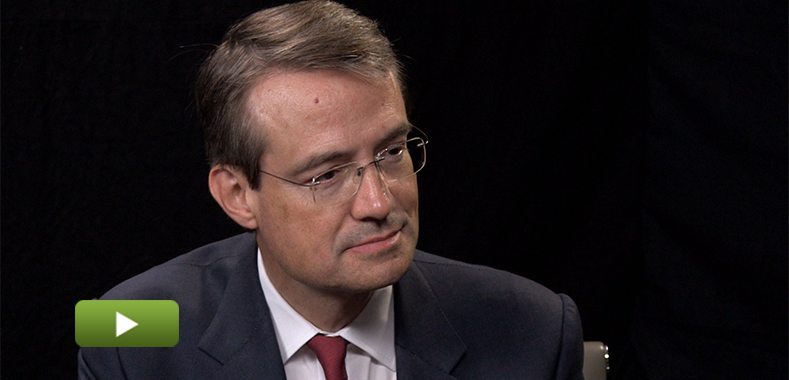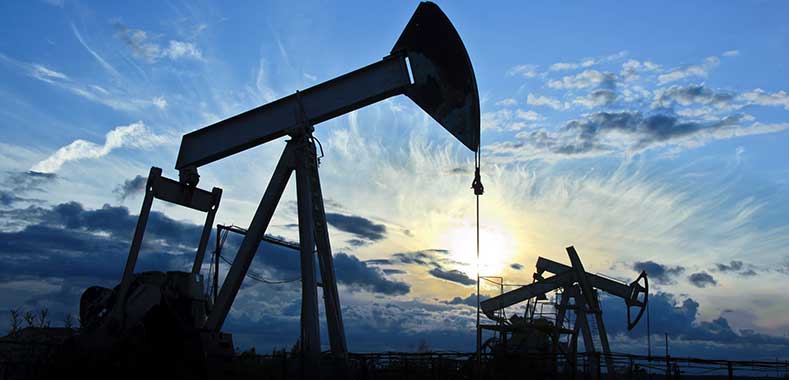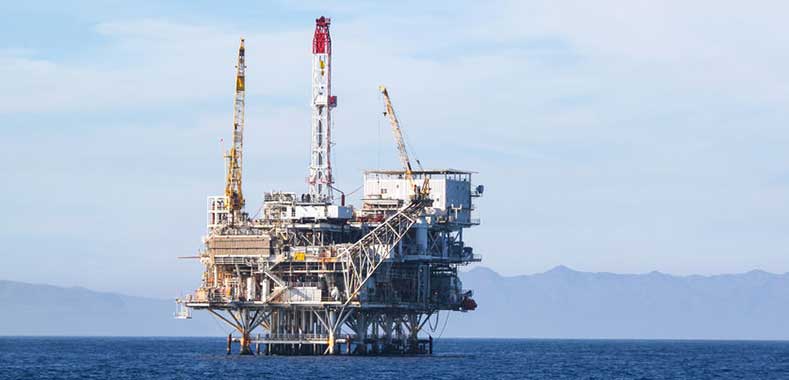How First Reserve’s Private Equity Funds Executed a Strategy on Infrastructure Services
First Reserve wants to help energy companies operate as safely as possible
Following a strategic pull-back on new investment activity in 2015, energy-focused private equity firm First Reserve had a busy 2016, adding eight new portfolio companies in its private equity funds. Two of these companies—Morrison Utility Services, based in London, and Applied-Cleveland Holdings—focus on maintenance and improvement of energy infrastructure, an increasingly needed sector. These new investments in this sector follow its 2013 investment in Seattle-based PrimeLine Utility Services. Privcap spoke with First Reserve Managing Director Jeff Quake about why the firm is bullish on this specialty within the broader energy market.
Privcap: How did First Reserve get interested in the theme of infrastructure maintenance?

Jeff Quake, First Reserve: We developed our thesis over a period of years. We grew interested in the broader service need created by hydraulic fracturing where you have significant oil and gas development opening up in areas such as the Bakken, or in the Utica, that aren’t traditional centers of supply. All that product needs to get to market in some form. The infrastructure required is so large, there’s so much capital required, and the expense required to maintain it to a proper level is significant. This is in addition to the large amount of infrastructure maintenance already needed for electrical and natural gas distribution needs. So, this theme really plays out up and down the energy value chain.
Is there regulatory pressure to spend more on safety in the energy sector?
Quake: The integrity, maintenance and upgrading of infrastructure is really driven by the industry. It’s not optional. They need to do it to maintain their own facilities and avoid significant incidents. On top of that you have increasing regulatory awareness and a heightened focus on the importance of environmental, health, and safety considerations throughout the industry. For those who invest in the energy industry, these considerations are paramount, both from our own sense of being responsible investors as well as the focus of our limited partners.
How do you predict companies focused on maintaining and improving infrastructure will perform in a recession or a commodity price downturn?
Quake: We’ve spent a lot of time looking at the downside scenario for all three of these portfolio companies [focused on infrastructure integrity and maintenance]. The short answer is that we believe they are significantly underexposed to a drop in commodity production activity. A lot of this work is non-discretionary maintenance—operators can’t avoid spending the dollars. What Applied-Cleveland does is a great example of this: They inspect the integrity of transmission, gathering, and distribution assets. Their work is the definition of mission-critical, particularly from an environmental and safety best practices perspective. And, in an economic downturn, you might even expect the government to use a push towards investment in infrastructure and resultant infrastructure maintenance as a fiscal stimulus.
Importantly, a number of energy companies also don’t have the capability to provide these integrity and maintenance services themselves. They don’t have the right people, they’re not trained, they don’t have the health, safety, and environmental track record, and they don’t have the relationships.
Although there is a modest amount of pricing pressure, these companies performed well in the downturn—so we think that’s proof of the investment thesis playing out.
What is your view on the growth of U.S. natural gas as an energy source?
Quake: There is a lot of natural gas resource in places that don’t traditionally have the infrastructure to get the product to market and there is a question around timing. There are two bottlenecks—one is takeaway capacity. You have a lot of gas that needs to get from the wellhead into existing infrastructure. So the industry is spending significant mindshare making sure it has gathering capacity so you don’t have stranded resources.
The other constraint is that a lot of the pipes have been traditionally headed in the wrong direction. Historically, the model has been natural gas in Texas and Oklahoma, which then needs to go to the Northeast for industrial and home usage. And so a lot of pipes have been heading in that direction where the smaller pipes are feeding into larger ones. But today, with the Marcellus and the Utica just starting to come online in a significant way, a lot of the pipes are headed in the other direction. There’s a lot of industrial demand in the Mid-Continent. And if you’re going to export, it’s most likely LNG [liquefied natural gas], going through export facilities in the Gulf region.
That creates a huge need for some reengineering. And those activities actually require a significant amount of equipment and service support. And then you’ve got a lot of coal-to-gas switching. So we’re very optimistic about the role of natural gas in our overall energy solution here in the U.S., and we don’t see anything to make that change in the near term.
Will you be seeking further add-on acquisitions for your three platform companies?
Quake: Yes. We think they can all be very acquisitive. PrimeLine has completed six acquisitions during the course of our ownership, and we tripled its size, growing the company into a national brand. Morrison Utility Services was already one of the U.K.’s leading utility service providers, but the company announced two acquisitions at the end of the year, which broaden its geographic footprint and the solutions it can offer its customers. That’s significant out-of-the-gate growth for both of those companies, and we think Applied-Cleveland has the opportunity to expand its platform, as well. First Reserve follows a model of identifying and executing on energy industry trends, and it’s really exciting to see that playing out with these three companies.






